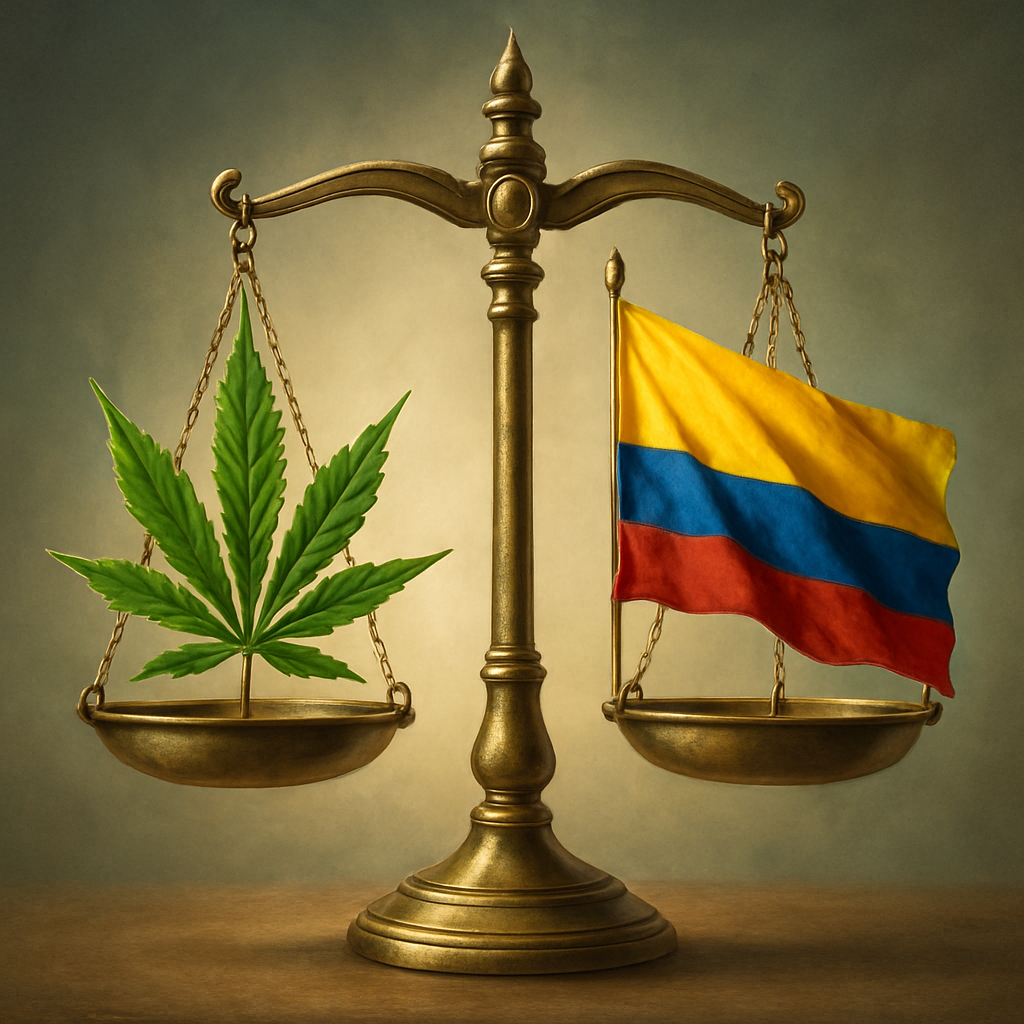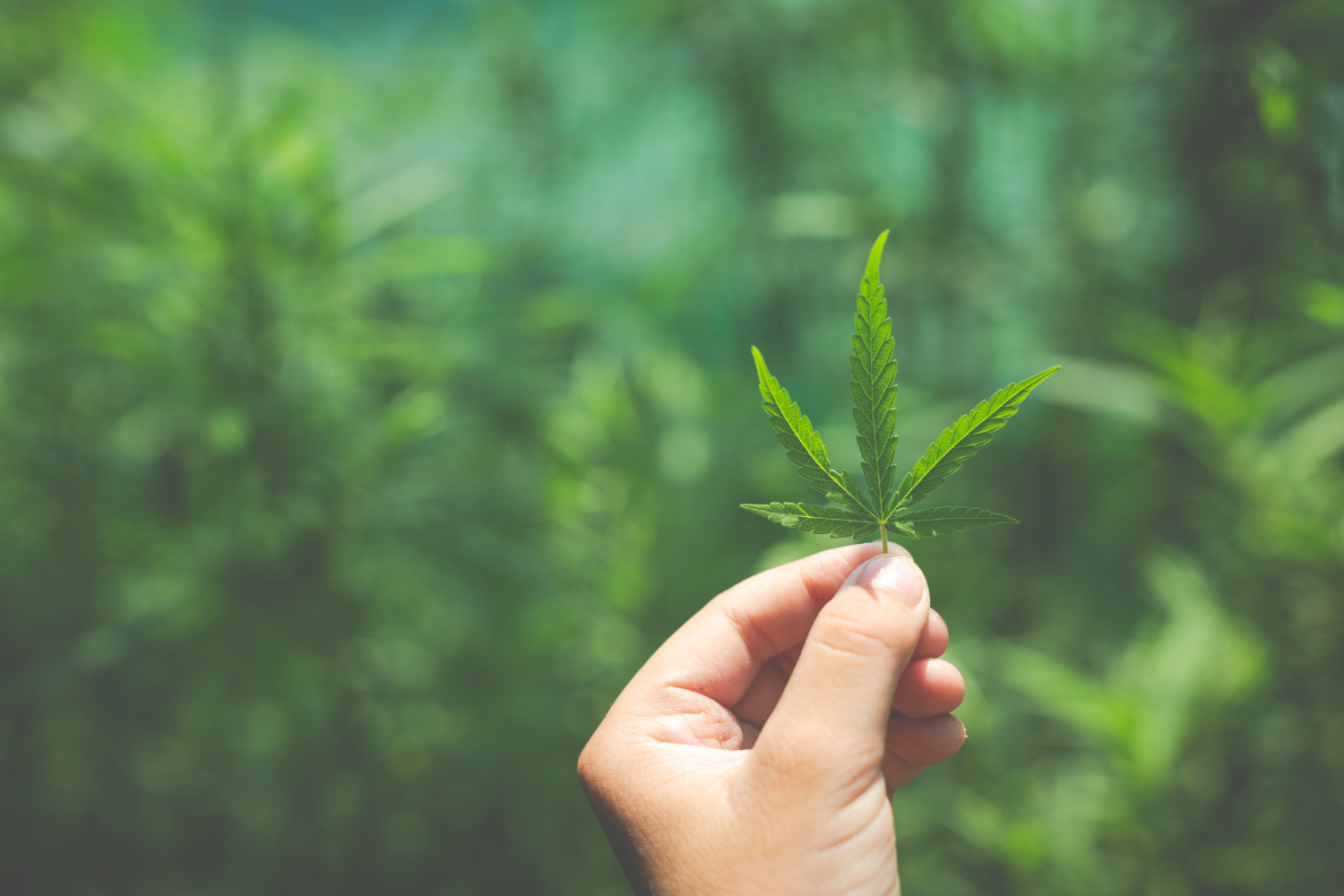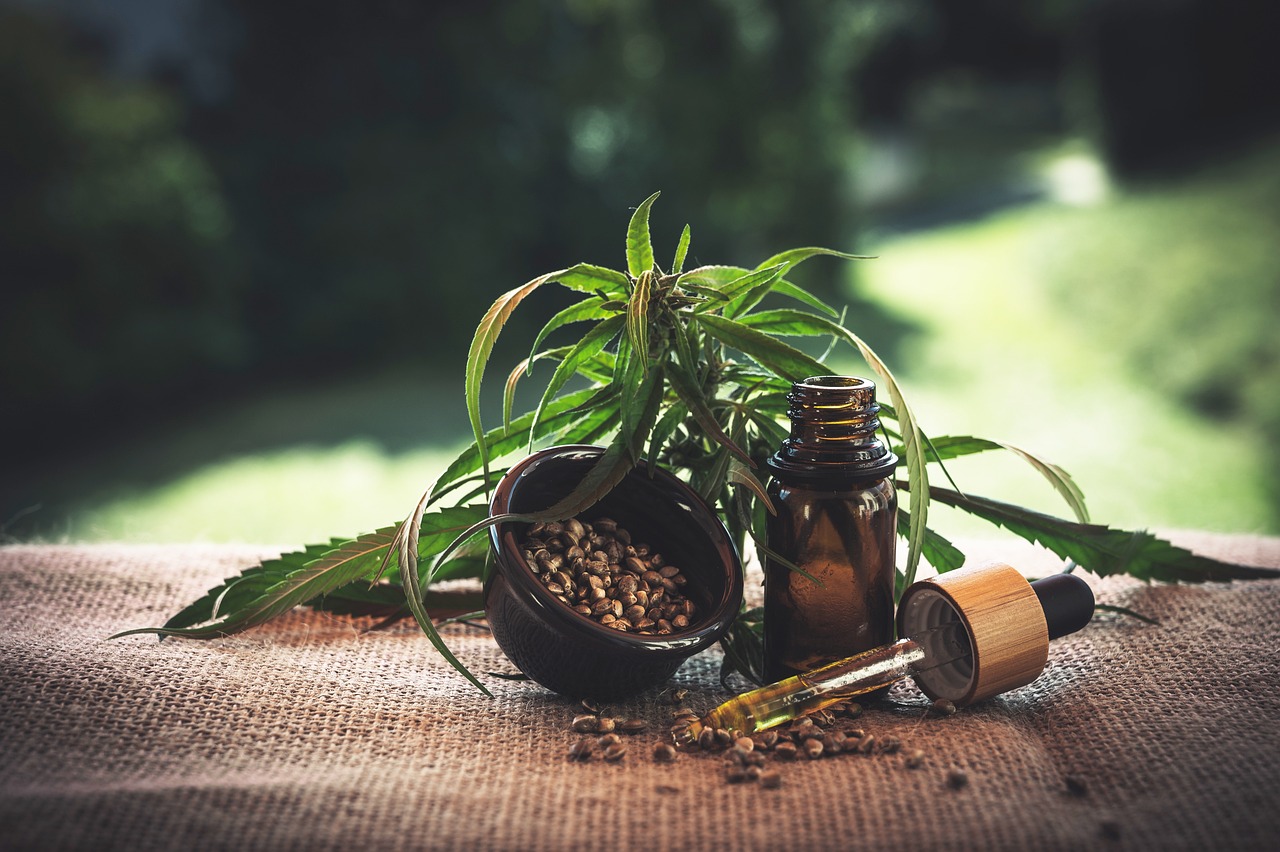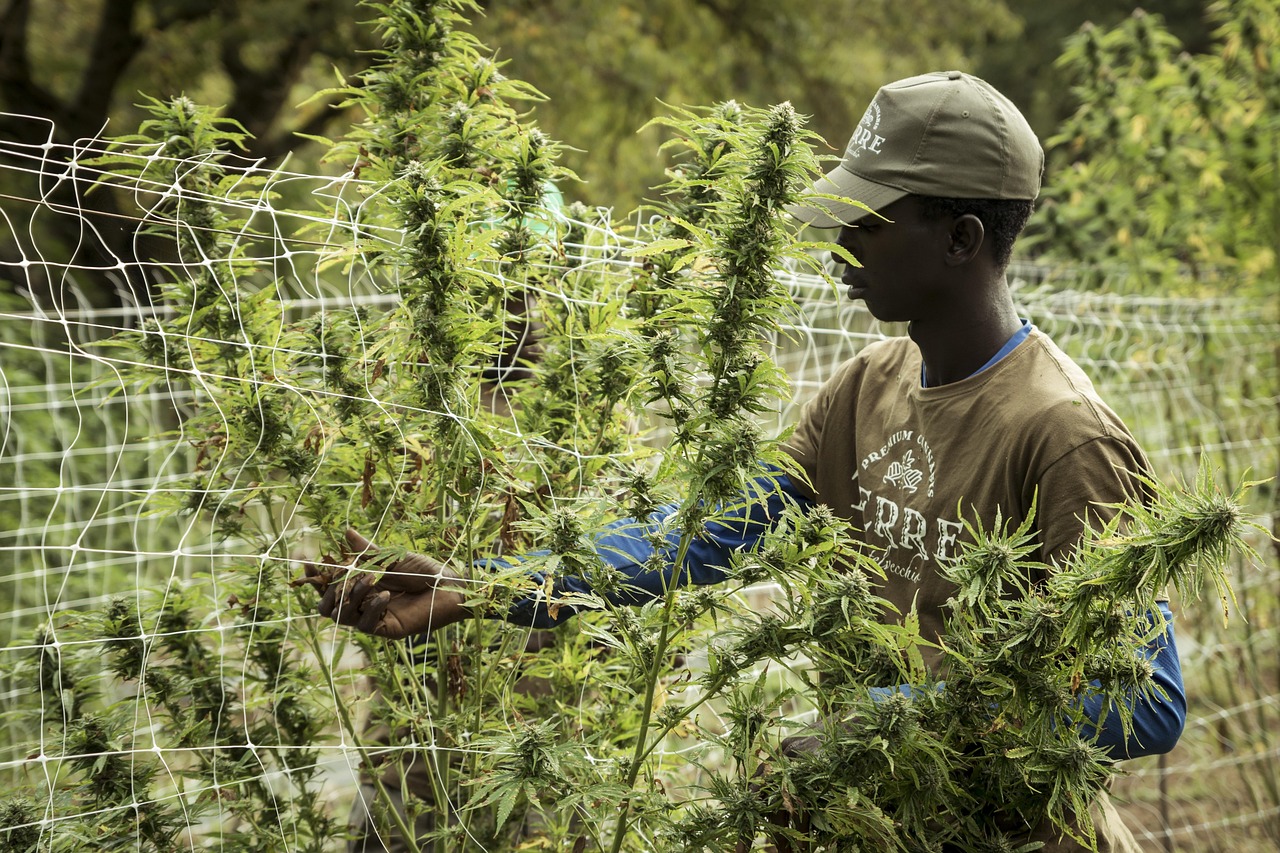
Since the earliest discovery of cannabis in the ancient world, different cultures have employed this unique plant for various purposes. From religious rites to ancient forms of medicine, ancient civilizations all over the world employed cannabis to varying degrees to achieve a multitude of physical, psychological, spiritual, and medical effects. Of the many uses of the plant and its derivatives, however, recreational use was arguably the most common application of this plant.
In today’s world, the recreational use of cannabis is finally coming back into fashion on a global scale, with many countries taking steps towards legalizing it. But what exactly is recreational cannabis and what does it entail? Keep reading to find out all of this and more.
What is Recreational Cannabis?
In simple terms, recreational cannabis, also known as “adult-use cannabis,” is the use of cannabis for no other reason than its recreational benefits. Unlike with medical cannabis where cannabis is used specifically for the purpose of treating or managing medical conditions or their symptoms, recreational cannabis is cannabis, cultivated, distributed, and consumed simply for the pleasure derived from its consumption.
Cannabis is a plant with psychoactive effects. Consuming this plant can induce feelings of relaxation, euphoria, altered sensory perception, and heightened creativity. The consumption of cannabis—and its derivatives—for these benefits rather than its medicinal effects, is referred to as recreational cannabis.
How is Recreational Cannabis Consumed?

Since its earliest use in ancient times, recreational cannabis has been consumed by smoking the flowers of the cannabis plant. These flowers are dried, crushed, and then smoked in joints, blunts, bongs, or pipes. This form of consumption remains the most common way of enjoying recreational cannabis today, but it is also the most dangerous with the inhalation of smoke damaging the lungs over time.
Other methods include:
- Heating cannabis in vaporizers to release its active compounds without setting the plant on fire.
- Consuming cannabis-infused foods
- Directly consuming liquid cannabis extracts
- Inhaling vapor from cannabis-based wax and resin products
- Directly applying cannabis-based creams, balms, and lotions on the skin.
Recreational Cannabis and International Law
It wasn’t that long ago when the use of cannabis was criminalized on a global scale. In 1937, the US Congress passed the Marijuana Tax Act which effectively made Cannabis illegal in all states. Colombia followed just two years later, criminalizing marijuana in 1939. By 1950, most of the world had enacted similar laws, restricting the cultivation, distribution, and use of cannabis. However, things would change in the latter half of the 20th century when emerging results on the many medical benefits of cannabis would shift public attitudes towards the drug and spark debates about decriminalization. This, in turn, has led to the wave of global policy reform we see today.
With the decriminalization of cannabis came the need for regulating the newly legal drug. Countries needed to find ways to regulate the cultivation, distribution, and use of cannabis, putting laws in place to accommodate the many applications of this once-illegal plant. This led to the classification of cannabis into two major types; recreational cannabis and medical cannabis.
In most parts of the world where cannabis is now legal, regulations for these two classes of cannabis often vary. Some countries, like Colombia, have completely legalized medical cannabis but only partially legalized cannabis for recreational use. In these countries, restrictions are often placed on recreational cannabis with limitations on how much recreational cannabis an individual can possess for recreational use. As such, before indulging in recreational cannabis, it is important to first discover what your local law says about the use of cannabis for recreational purposes.
You may also be interested in this article: Recreational VS Medical Cannabis in Colombia – What’s the Difference?
Who is Cannabis Not Good For?
While cannabis may be a legal drug in most countries undergoing decriminalization, this doesn’t make it great for everyone. Below are classes of individuals who are better off not consuming cannabis for recreational purposes.
- Young People
Cannabis is a psychoactive drug that affects the brain. Since the brain keeps growing until about age 25, using cannabis too early can change how the brain develops in children, teenagers, and even young adults, putting them at risk of developing mental issues.
- Pregnant or Breastfeeding Women
Since cannabis consumed by pregnant women and nursing mothers can be transferred to their children, the cannabis consumed by pregnant women and breastfeeding mothers could affect the children.
- People with Mental Health Issues
Recreational cannabis in particular can be harmful to individuals with mental issues due to the high psychoactive effects of this class of cannabis. The consumption of high doses of recreational cannabis by individuals predisposed to psychotic disorders, especially for extended periods can lead to worsening symptoms of mental health conditions, such as anxiety, depression, or schizophrenia.
Side-Effects of Consuming Cannabis for Recreational Cannabis

Despite recreational cannabis being legal in many countries thanks to the global effort to decriminalize cannabis, it is important to note that there are still medical considerations to make before indulging in cannabis, especially for recreational purposes.
These side effects can include:
- Cognitive Impairment
Recreational cannabis is often used for its psychoactive effects. This is often associated with mild cognitive impairment like reduced coordination, slower reaction time, difficulty concentrating, and altered judgement. Typically, these are short-time effects caused by the interaction of tetrahydrocannabinol (THC) with the brain’s endocannabinoid system, but excessive use can lead to longer-lasting damage. It is important to note that the effects of cannabis on cognition can vary depending on the age of initiation, frequency, and quantity of use. Early initiation and heavy use are associated with a higher risk of permanent cognitive impairment.
- Damage to Lungs
Smoking is the most common mode of consuming recreational cannabis. Unfortunately, it is also the most dangerous since the inhalation of cannabis smoke can lead to lung irritation and damage over time. Regular smoking may cause respiratory issues such as chronic bronchitis, coughing, and wheezing. Although cannabis smoke contains fewer harmful chemicals than tobacco smoke, it still carries potential risks to lung health, especially with prolonged and heavy use.
- Addiction
While cannabis is much less addictive than many other drugs, it is still possible to become dependent on it with prolonged heavy use. Cannabis Use Disorder (CUD) is an addiction to cannabis characterized by a loss of control over the usage of cannabis and often marked by mild withdrawal symptoms.
- Mental Health Concerns
Higher doses of THC can lead to increased experiences of anxiety, paranoia, and in rare cases, psychosis. These effects are typically observed at high concentrations of cannabis or in cases of excessive use. They are especially common with consumers with a predisposition to mental health conditions.
- Cardiovascular Concerns
The use of cannabis could temporarily increase the heart rate and blood pressure of consumers which may be an issue for individuals with cardiovascular concerns.
Conclusion
Despite the side effects listed above, safe consumption of recreational cannabis is still possible. All it takes is the responsible consumption of cannabis which would include taking steps to remain safe during and after cannabis consumption. Things like making sure to regulate your use of the drug to avoid dependency, looking for alternatives to directly smoking the plant, and high concentrations of TCH can greatly help mitigate the risks associated with consuming cannabis.
For individuals with medical conditions potentially aggravated by consuming recreational cannabis, medical cannabis might be a much better alternative. If you are such an individual, contact a local medical cannabis specialist to find out whether medical cannabis would be a good option for you.




